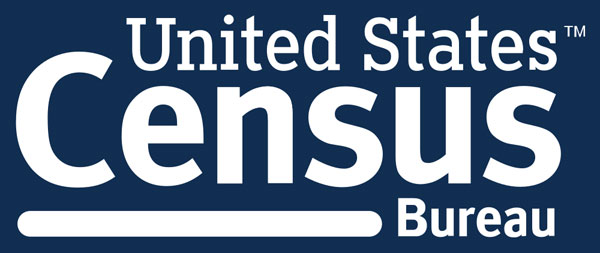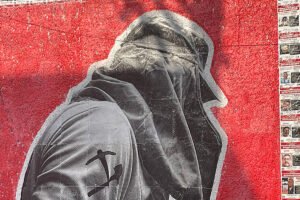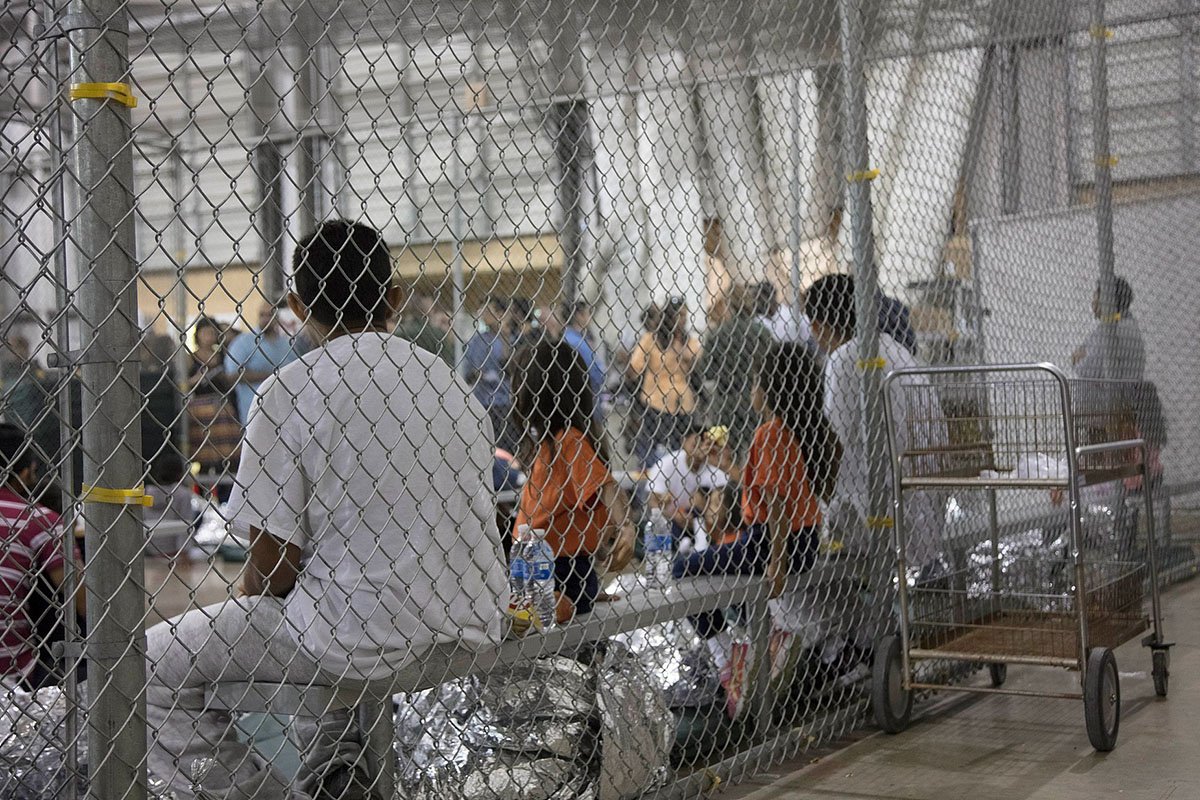
April 30, 2019; WBUR, “Cognoscenti”
The decennial census is an affirmative, constitutional obligation enshrined in our founding documents. Our executive and legislative branches must fulfill their constitutional duty to conduct a complete and accurate accounting of all residents, to ensure we receive the federal representation and programming we are owed.
Now, three advocates, Iván Espinoza-Madrigal, Lauren Sampson, and Irene SanPietro, all of whom are affiliated with Lawyers for Civil Rights in Massachusetts, have written a powerful article for WBUR’s “Cognoscenti” protesting the weaponization of the census, which they see as part of an erosion of longstanding democratic norms.
As we wrote last week, the Supreme Court is currently considering whether or not the Trump administration will be allowed to insert a question about respondents’ citizenship. These activists believe the context changes the question’s import. The administration has argued that the change is mundane, but the authors of this piece argue that such a description ignores the virulently anti-immigrant environment in which it is proposed and the federal government’s central role in creating that environment.
Immigrant communities, who face a daily onslaught of xenophobic rhetoric from the White House, are increasingly fearful of federal agencies, particularly given reports that the Department of Homeland Security is proactively providing the bureau with sensitive data.
Sign up for our free newsletters
Subscribe to NPQ's newsletters to have our top stories delivered directly to your inbox.
By signing up, you agree to our privacy policy and terms of use, and to receive messages from NPQ and our partners.
And the danger that might flow from a probable serious undercount is very high in this gateway state:
The impact on Massachusetts cannot be understated. Hard-to-count communities disproportionately rely on federal programming and they represent many, if not all, of our newest residents—indeed, all of the commonwealth’s growth between 2000 and 2010 was attributable to the [Latinx] population. If these families are deterred from filling out the census, either by the citizenship question, the climate of anti-immigrant rhetoric or the lack of outreach from the Census Bureau, that could mean the loss of millions of dollars over a decade and the dilution of Massachusetts’ political power in the federal House of Representatives.
Still, the citizenship question is not the only problem to be addressed in making this crucial count in the midst of such intense xenophobia on the part of the federal government.
The three advocates conclude with a set of actions that need to be taken to maximize the usefulness and accuracy of the census. Among other things, they call for assurances that sensitive data will not be used to target immigrants, but they also urge the use of community groups to encourage participation and the hiring of field workers from “hard-to-count communities (without imposing onerous background checks).”—Ruth McCambridge











